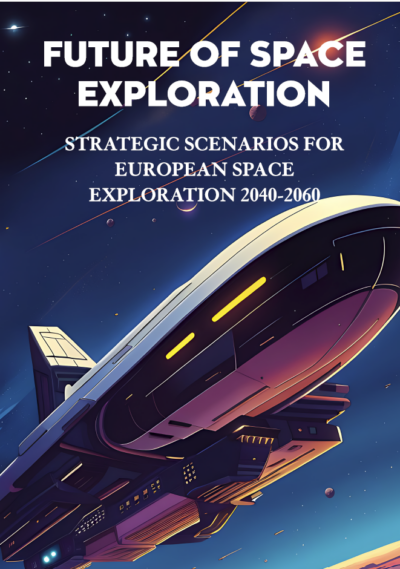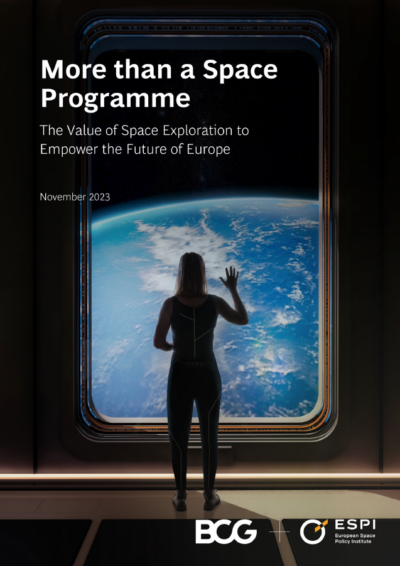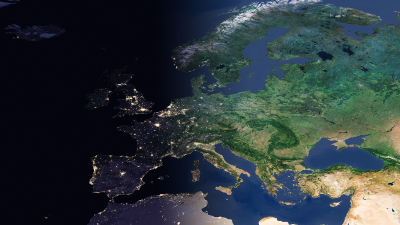
Yearbook 2023
24 July 2024
Read moreInspiring Europe Through New Frontiers
The exploration of outer space and space science has long fascinated humankind, providing a rich source of inspiration, creativity and knowledge.
Traditionally often considered a tool of prestige and power, today space exploration is increasingly recognised as enabling socio- economic growth and as strengthening positions of global leaders. Bold and daring science and exploration missions ignite curiosity, innovation, and collaboration. They can drive positive societal impact and elevate Europe’s standing in the global space community and enable stronger and meaningful cooperation with both established and new international partners.
Exploration and Science are a critical pillar of the industrial capabilities required for other space activities. These activities are crucial to society at large as “curiosity and exploration are vital to the human spirit” as put forward by the UN Action Team on Exploration and Innovation at UNISPACE+50 and can instil a sense of collective achievement within nations and across humanity. According to the OECD, when primary grade children are asked to draw their future, space features prominently. However, 15-year old students are much less enthusiastic about STEM: this gradual decrease in enthusiasm is particularly visible in Europe.
A plethora of recent developments in space exploration and human spaceflight indicate a rapid evolution towards a new set-up in the international spacescape.
While the era of the ISS as the only permanently inhabited orbital outpost is gone, an increasing focus on lunar missions is emerging alongside a growing appetite for the commercial utilisation of LEO. These developments are highlighting the cost and consequences of dependencies developed by Europe in recent decades, as also recognised by the High-Level Advisory Group on Human and Robotic Space Exploration for Europe.
Yet, as recognised by the International Space Exploration Coordination Group (ISECG) all efforts are aligned towards the expansion of human presence into the solar system. To better understand the universe and expand our presence in the solar system, European Terrae Novae Strategy and Voyage 2050 need to be sustained and reinforced with strong political backing of space science and exploration and their synergies, as a European strategic priority. ESPI’s aim is to ensure Europe remains innovative and takes the lead in space science and exploration, building upon its heritage of pioneering missions such as Rosetta and Huygens and leading a flagship mission of global dimsension contributing to humanity’s understanding of the universe.
To this end, ESPI will facilitate:

24 July 2024
Read more
29 November 2023
Read more
15 November 2023
Read more
18 October 2021
Read more